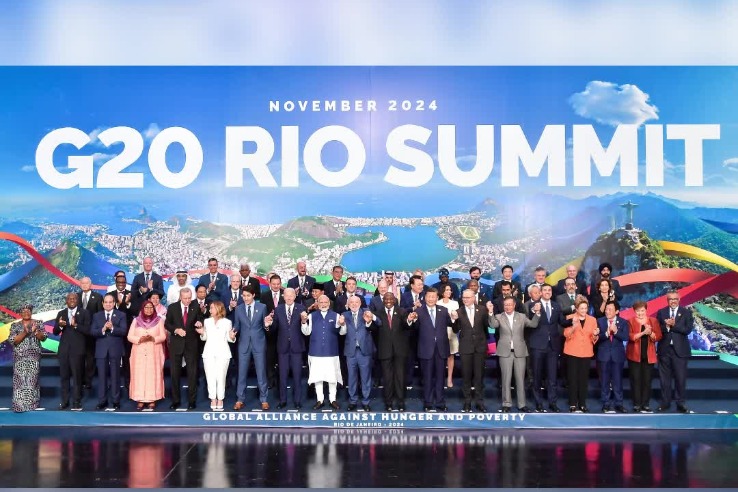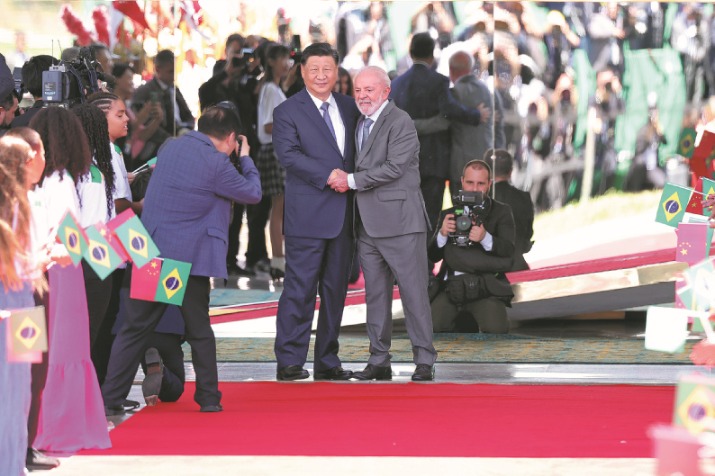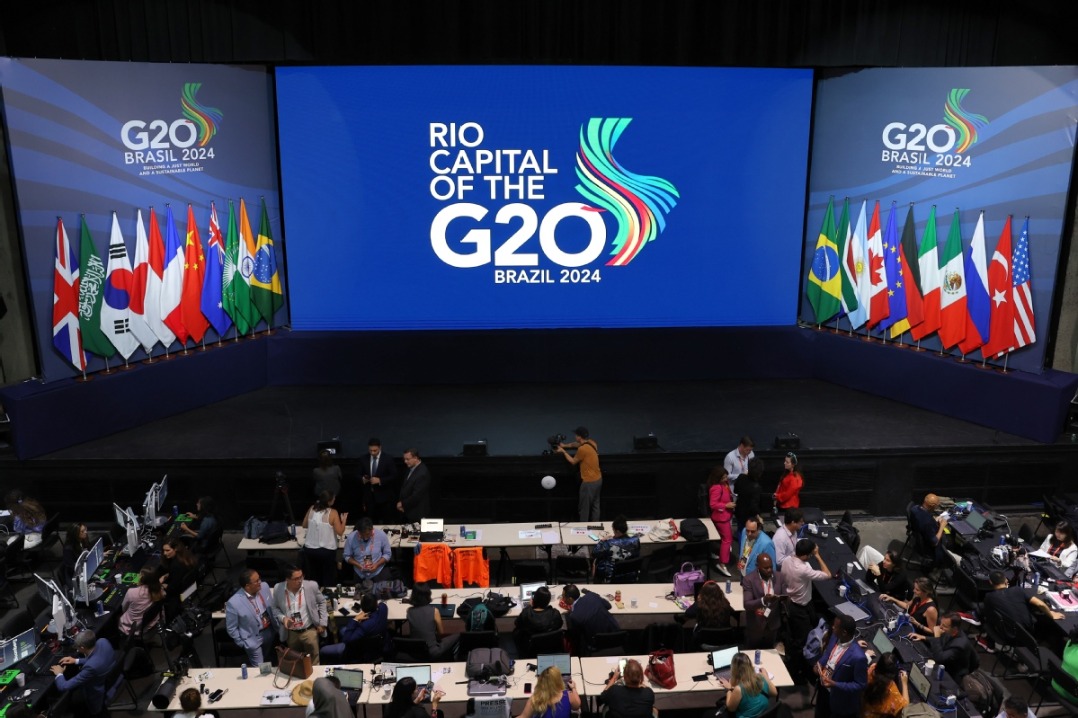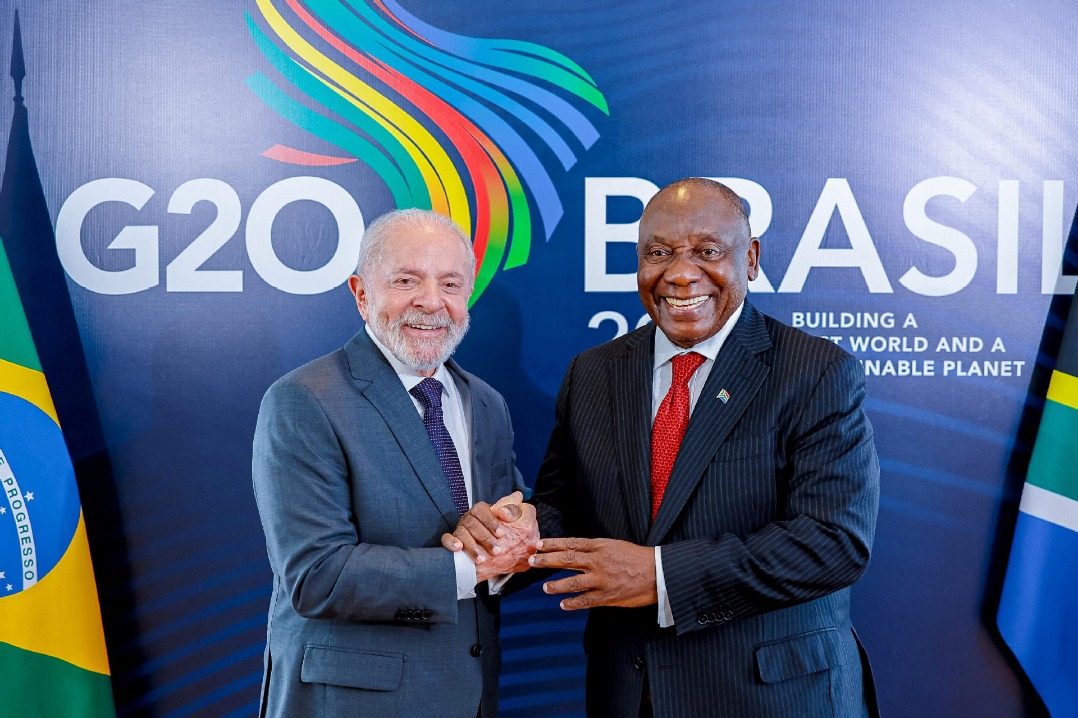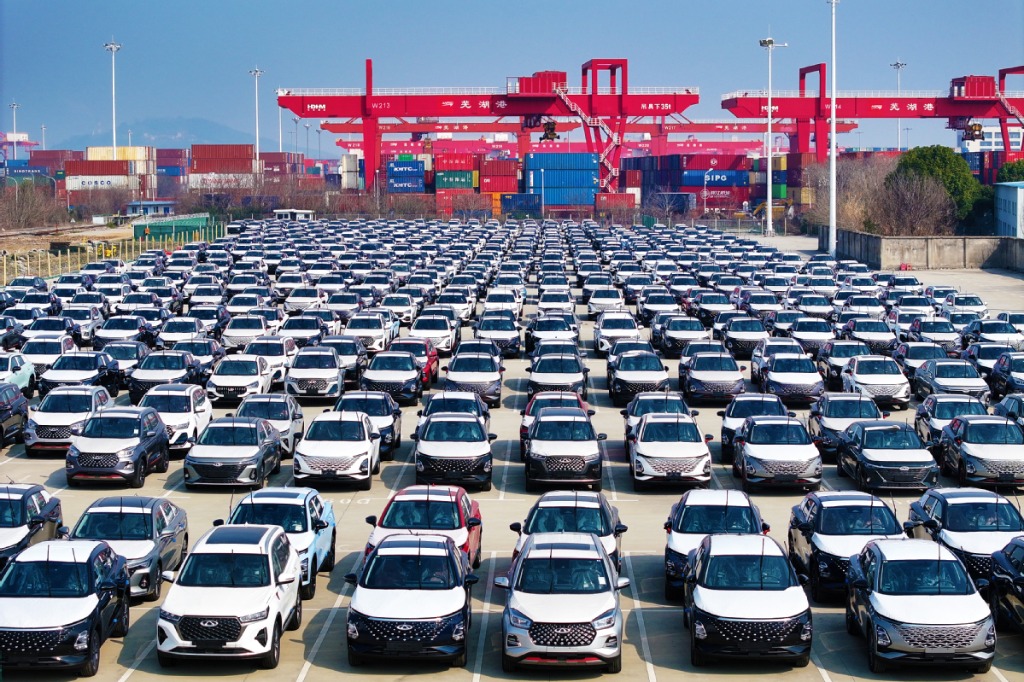US drastic decisions in Ukraine risk widening the conflict


On April 15, 2022, CNN reported that US Secretary of State Antony Blinken had told Washington's European allies that the US believes the Russia-Ukraine conflict would last till the end of 2022. But there is still no end in sight even as the world marked the 1,000th day of the conflict on Tuesday.
People are increasingly worried that a severe escalation of the conflict could lead to a wider war or even a nuclear war after US President Joe Biden's decision this week to allow Ukraine to use US-made long-range missiles to strike deep into Russian territory and send anti-personnel landmines to Ukraine. Anti-personnel landmines are banned under an international treaty signed by 164 countries, including Ukraine.
Biden's drastic decision just two months before leaving the White House is seen as highly irresponsible and has been sharply criticized by president-elect Donald Trump's allies for risking "World War III".
Ukraine wasted no time in firing the ATACMS missiles on Tuesday at Russia's military facilities in Bryansk, prompting Russia to announce a strong response. This in turn prompted the United States administration to order the closure of its embassy in Kyiv on Wednesday in anticipation of potential Russian airstrikes. Italy, Spain and Greece have done the same.
Biden's decisions also came shortly after German Chancellor Olaf Scholz called Russian President Vladimir Putin on the phone on Nov 15, a call that rekindled hopes of a much-needed resumption of diplomacy to help end the Ukraine crisis.
Back in spring 2022, the peace talks between Russia and Ukraine were proceeding well until they were blocked by the US and the United Kingdom.
While it's impossible to go back in time, the conflict might have been avoided in the first place if the US and NATO had not, in their respective replies to Putin in January 2022, ignored Russia's security concerns over NATO's eastward expansion and the West's intention to admit Ukraine into NATO.
If the past 1,000 days have proved anything, it is that no disputes can be resolved on the battlefield. Wars can only cause more deaths and destruction. That is not just true for Russia and Ukraine, both of which have suffered heavy casualties, but also for the rest of the world which has become "collateral damage" of the conflict.
The Western powers' "crippling" economic sanctions against Russia, including the closing of airspace to the other side's passenger planes, have failed to end the conflict because more than 140 countries refused to support such unilateral sanctions. Nevertheless, the sanctions have disrupted global economic development and recovery, which were badly needed after three years of the COVID-19 pandemic.
The fact that Scholz talked with Putin on the phone shows that some European leaders have realized the failed strategy of shunning diplomacy during the past two years. Germany and Italy have reiterated that they would not follow the US in lifting the missile ban on Ukraine while the leaders of Hungary and Slovakia have condemned Biden's decisions.
The public sentiment in Ukraine, too, has changed. A Gallup poll released this week showed that on average 52 percent of Ukrainians would like to see their country negotiate an end to the conflict as soon as possible. Only 38 percent believe their country should keep fighting till it emerges victorious, down from the 73 percent in a 2022 survey.
And a report by the European Council on Foreign Relations this summer shows that Europeans, in general, tend to believe that Ukraine will not be able to defeat Russia on the battlefield. Some argue that Biden's latest moves might create a more favorable situation for Ukraine. But Donald Trump promised during his presidential campaign that he would force a freeze in the conflict after assuming office. Anyway, Biden's decisions will jeopardize the lives of more people by risking a wider war.
Any future peace talks between Russia and Ukraine won't be easy given the sharp differences between the two parties, not to mention the interference of the US-led West. But by escalating the conflict through supplying more arms to Ukraine and allowing it to use US-made long-range missiles, the US is not only further hindering diplomacy from playing its peace-brokering role but also creating a situation in which more lives would be lost and more assets destroyed on both sides.
The author is chief of China Daily EU Bureau based in Brussels.



















